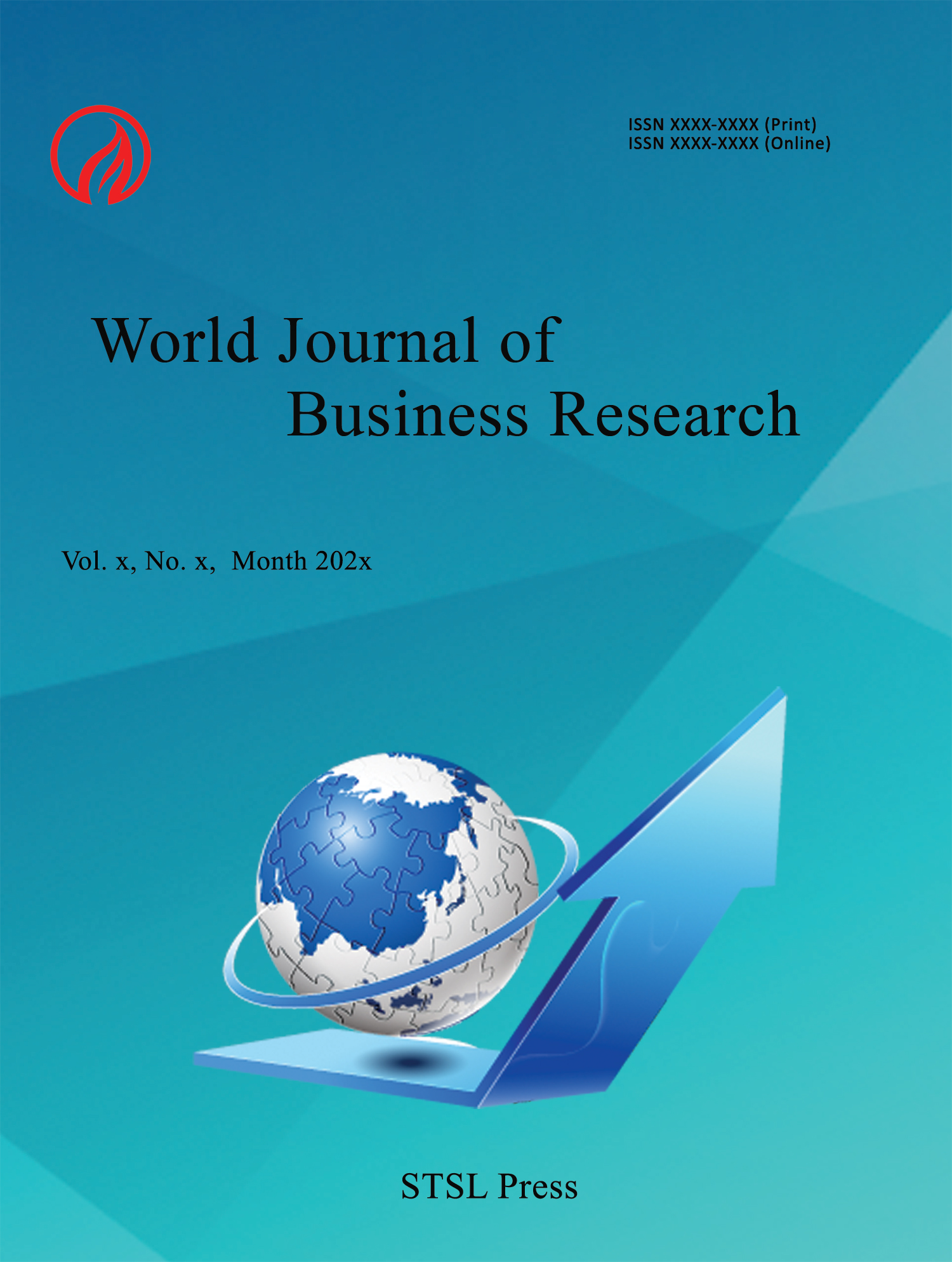Dominating Mechanisms and Modes of Governance in Ecosystem Services of Bulgarian Agriculture
Hrabrin Bachev
Abstract
This article presents the results of a large-scale study on the mechanisms and modes of governance of diverse ecosystem services in Bulgarian agriculture. Firstly, it identifies the type, amount, and importance of various ecosystem services maintained and “produced” by the Bulgarian farms. The study has found out that country’s farms provide a great number of essential ecosystem services among which provisioning food and feed, and conservation of elements of the natural environment prevail. Secondly, it identifies and assesses the efficiency and complementarities of specific modes and mechanisms of governance of ecosystem services used by agricultural holdings. The study had found out that a great variety of private, market, collective, public and hybrid modes of governance of farm activity related to agroecosystem services are applied. There is significant differentiation of employed managerial forms depending on the type of ecosystem services and the specialization of agricultural farms. Furthermore, the management of agroecosystem services is associated with a considerable increase in the production and transaction costs of participating farms as well as big socio-economic and environmental effects for agricultural holdings and other parties. The factors that mostly stimulate the activity of agricultural producers in Bulgaria for protection of (agro)ecosystems services are participation in public support programs, access to farmers’ advice, professional training, available information, and innovation, received direct subsidies from EU and national government, personal conviction and satisfaction, positive experience of others, long-term and immediate benefits for the farm, and integration with suppliers, buyers, and processors.
Paper:
pdf
DOI:
 This work is licensed under a
Creative Commons Attribution 4.0 License.
This work is licensed under a
Creative Commons Attribution 4.0 License.
Contact us
- Colin Garcia
- wjbr@stslpress.org
